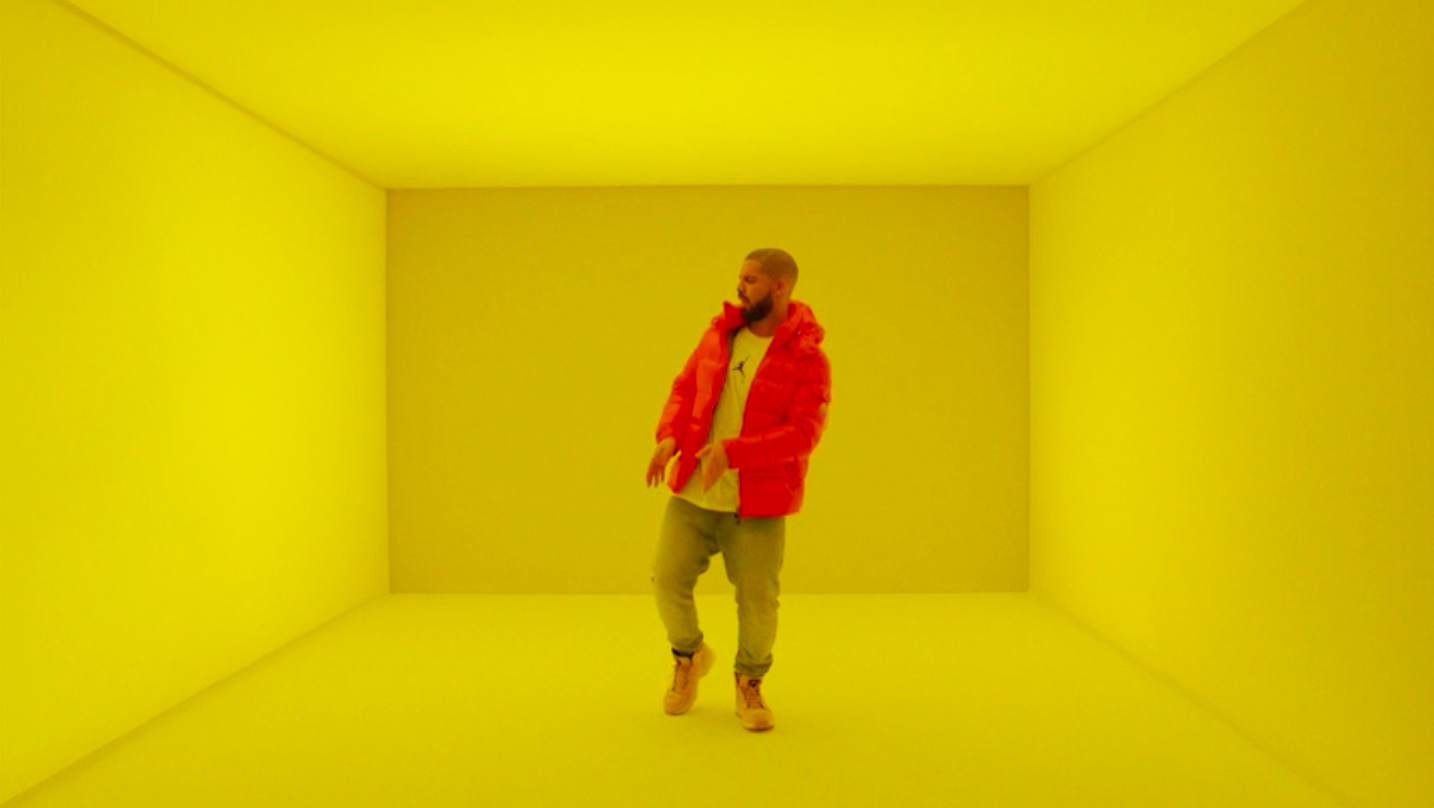It’s not surprising that every generation shudders at the slang of the previous one. Often, it’s because they tend to massacre our favourite words. While we went “Bro” and “Brah,” Generation Z* instead goes, “Bruhhh.”
The difference, I think, comes down to how we grew up on television while Gen Z grew up on the internet. We rave in the language of dope, sick, the shit or simply fucking cool. But post-’93 kids say on fleek or LIT AF.
They’ve also reverted to the ‘y tho’ and ‘r u ok’ (that only our parents still text with) in order to communicate chill and nonchalance. To replace the clear articulation of feelings, there are now memes and ironic self-deprecation, most of which continues to be inherited from Tumblr to become Facebook pages like this.
For Generation Z, growing up with social media has made it easier than ever to echo the Western influences of the likes of the Kardashians and “all praise to the most high bless up” DJ Khaled. The slang they use is constantly filtered through White America’s commodification of black and rap culture.
Concurrently, social media exists as the perfectly tailored echo chamber. When they scream into it, it screams back. For every joy or affliction, there are bruhhs and baes to go, “PREACH.” And this is why it makes sense that words like “lit” have emerged.
‘Lit’ might have surged into popularity only at the beginning of 2016, but it first popped up in The Jacka’s All Over Me in 2008 and then again in It’s Lit by Roach Gigz in 2013. Urban Dictionary has its own definition of the term, while others have credited an ASAP Yams tweet for its contemporary usage.
But more importantly, ‘lit’ is a great entry point into understanding the psychology of this generation of teenagers and young adults, along with the implications of their new slang.
This is a generation that has grown up with their senses assailed by all the stimuli the internet has to offer; content that gets more elaborate and more slapstick with each passing day. This is content that constantly seeks to be more aggressive and more attention grabbing than before, all in an effort to aggregate views and bolster ad revenue.
Hence, for them, everything is big, colourful, and hysterical. ‘Lit’ works because it is broad and conjectural; ultimately relatable across a wide audience of their peers. It’s like those viral videos of young adults contorting their faces and bodies in ridiculous ways while lip-syncing to pop songs. This is the kind of authenticity they crave: Fearlessness in the face of looking silly and wearing your heart on your sleeve—preferably in bright, neon lights.
Where we millennials grew up swaddling confessions in lyrics and poetry on Twitter, they were trying to be their best entertaining selves on Snapchat when they hit puberty.
They seek validation by unreservedly sharing the raw details of their lives while we sought validation by trying to tell without telling. Our cryptic MSN Messenger statuses were the best we could do. We have always been passive aggressive because when social media first came about, we were old enough to see that it was not a natural evolution of the way we communicate. We sought out and relished its potential, but were always wary of it as an outlet for our most private musings.
For Generation Z, there is no struggle to make sense of things. There is only the impulse to share.
For most millennials, social media started out as a struggle with words. For Generation Z, being social media natives means that the moving image has always come first, be it with Vine or Snapchat. Words exist only as elaboration, hence the conception of slang that is often less precise than it is evocative of some grand feeling.
But the thing is, growing up comfortable with such social media open-ness and vulnerability has meant that Generation Z is missing out on a lesson most millennials have had to learn: That pain is good for you. And when you don’t keep this pain to yourself, it remains only as an itch before it goes out into the world and everyone is suddenly reacting with, “REAL TALK,” regardless of how truly real it is.
Back when there was no Twitter or Instagram for rants or ultra-long caption-selfies, we turned to blogs, journals, and land lines leading to the ears of our closest friends. Blogs used to be mostly private affairs, read only by people we knew and, sometimes, our parents. Personal URLs were given out with a kind of discretion that would now seem strange. Generally speaking, we expressed ourselves for ourselves.
For the most part, we dealt with our emotions by suppressing them. We let them simmer and mutate, but in the process we learnt to clarify things. The song that made the most sense was the one where Toby Lightman goes, “Everyday is a struggle between what I wanna say / And what I should keep to myself.” It was in the space between these conflicting ideas that we learned to know better.
For Generation Z, there is no struggle to make sense of things. There is only the impulse to share. Which often results in plenty of conviction and witty embellishment but not much depth or maturity. “The colour of my face when I cry,” goes one such retort to an inane question like, “What’s your favourite colour?”
Quite charmingly casual with a tinge of intimacy but still, bafflingly pretentious, a little self-indulgent and, on the whole, meaningless.
In a sense, this is the authenticity of the language that this generation has learnt to speak. It has been reduced to puffy buzzwords and sexy slang like ‘lit,’ but it is also more effusive, more explosive; an extreme form of sincerity almost—one perhaps made possible by a new, contemporary willingness to talk about things like mental illness.
And the funny thing is, this is the kind of authenticity that millennials recognise as something we secretly aspire to. We wish we could just talk about our feelings. At the same time, it’s not who we are.
Authenticity, for millennials, is a way to clearly explain what went wrong viagra in hamburg kaufen. It is an eloquently worded thesis in perfect grammar, mapping out past missteps and the exact way forward. It is not the outsourcing of complex emotions to funny lines slapped on a deadpan picture.
“That does not explain what we feel,” we might argue, “This is what we feel, and we want to know exactly what this is.” Which is precisely what Gen Z is rebelling against. They are happy to laugh this all right off because oh hey, there’s a meme for that. Better still if someone likes that meme you just posted, because it means that they get it. They understand you.
they engage with such issues because they’re on trend, because their perennial connection to conversations happening on the internet demands their input
Generation Z is likely the smartest generation ever. It is also more in-tune with racial privilege and gender issues than any of us millennials ever were at their age. But for them, there is often a sense that they engage with such issues only because they’re on trend, because their perennial connection to conversations happening on the internet demands their input. Input which often comes off as aggressive and out of touch rather than sympathetic.
But perhaps I’m only seeing one side of the picture. Perhaps their opinions tend to be less nuanced because most of Generation Z is still in school today, engaging the world from a sheltered universe of academic knowledge and convenient, relatable memes. Or perhaps I’m just trying to make sense of a generation I both envy and am confounded by.
Actually no, let me take ‘envy’ back. This generation, while born merely a few years before me, really just confuses me. I mean, how has ‘HARAMBE’ become a response to every damn thing?
Seriously. Fuck Harambe.
*those born from ’93/’94 onwards—my own personal benchmark for the purposes of this story






